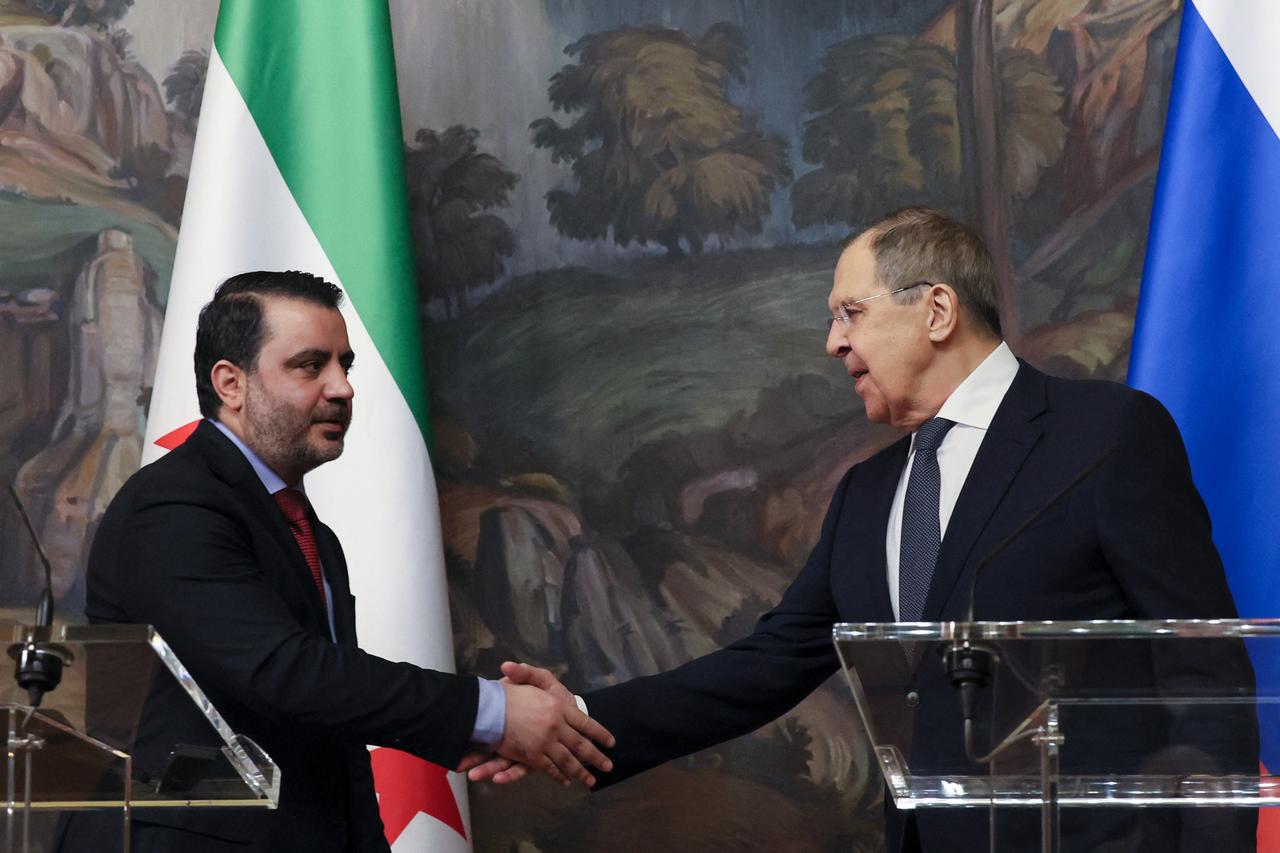
Russian Foreign Minister Sergey Lavrov and his Syrian counterpart Asaad al-Shaibani continued diplomatic discussions Thursday that began in Türkiye, as Syria's new government makes its first official approach to Moscow since the fall of the Assad regime.
Meeting in Moscow, Lavrov reiterated Russia's invitation for Syrian President Ahmad al-Sharaa to participate in the first Russia-Arab League summit scheduled for Oct. 15.
"The talks are expected to touch on the current situation in Syria, as well as other regional and international issues," Lavrov said. "We consider your visit timely, as it continues the series of contacts that began in January of this year, including the phone call between our presidents."
Lavrov highlighted Russia's attention to transitional processes in Syria, expressing hope that the Syrian people "will overcome all difficulties and return to peaceful life."
"I remember our meeting in Türkiye, where we discussed prospects for cooperation. Today, we will continue this conversation," Lavrov said. "We also hope that President al-Sharaa will be able to participate in the first Russia-Arab League Summit, scheduled for October 15."
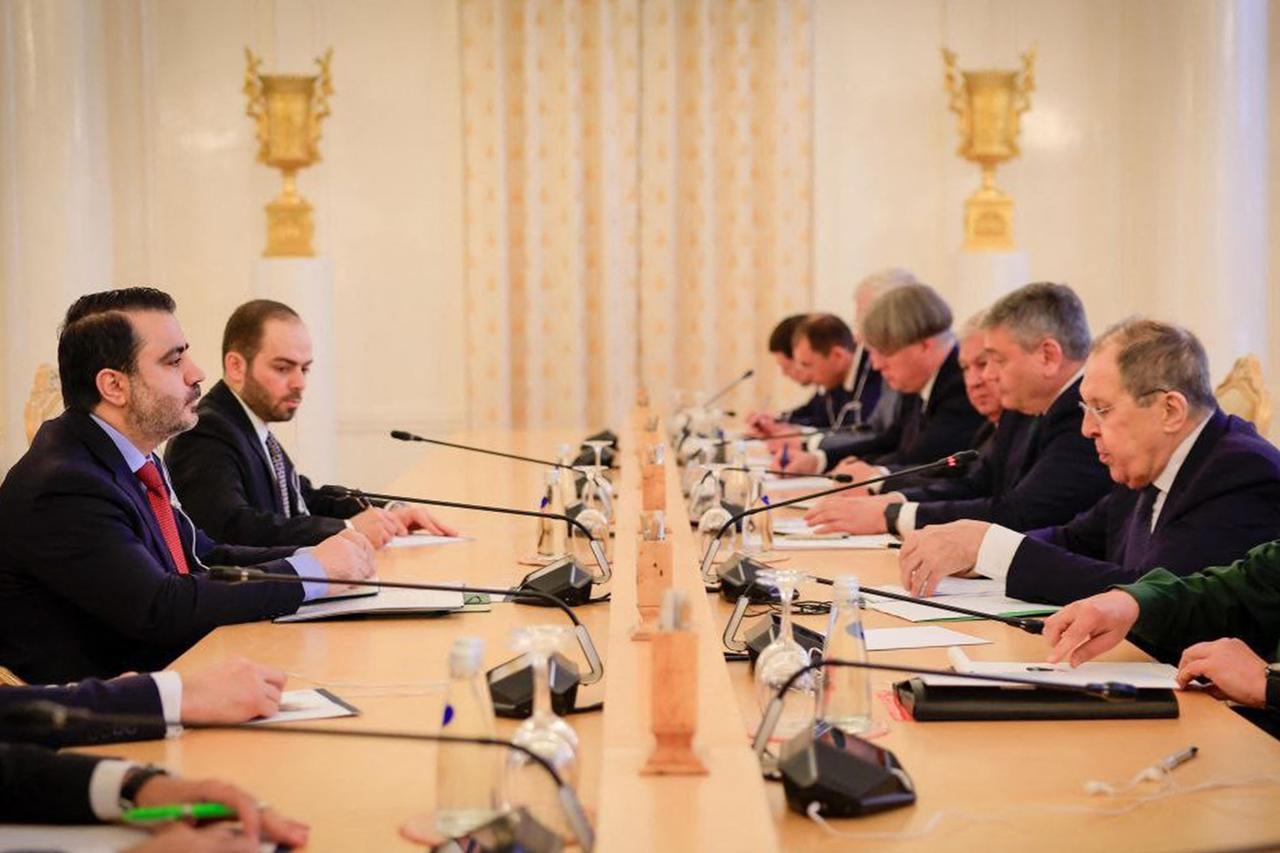
Shaibani described the current period as filled with "challenges and threats" for Syria, while also representing an opportunity to build a united and strong state.
"We are keen for Russia to stand with us on this path," he said, describing the relationship between the Russian and Syrian peoples as "historical in nature" while noting "certain factors that define and complicate these relations."
"Today, we represent a new Syria and are interested in establishing proper interaction and relations between our countries, based on cooperation and mutual respect," Shaibani said. "We are working to fill the political and security vacuum."
Shaibani stated that Syria is not planning aggressive actions against Israel, emphasizing the country's focus on reconstruction and ensuring stability.
The Syrian minister highlighted that the Moscow meeting opened "a new page in Russia-Syria relations," saying: "Our country wants deepened cooperation with Russia."
During discussions with Lavrov, Shaibani said Moscow's administration "unquestionably confirmed the absolute sovereignty of the Syrian Arab Republic" and expressed satisfaction with Russia's firm rejection of Israeli attacks.
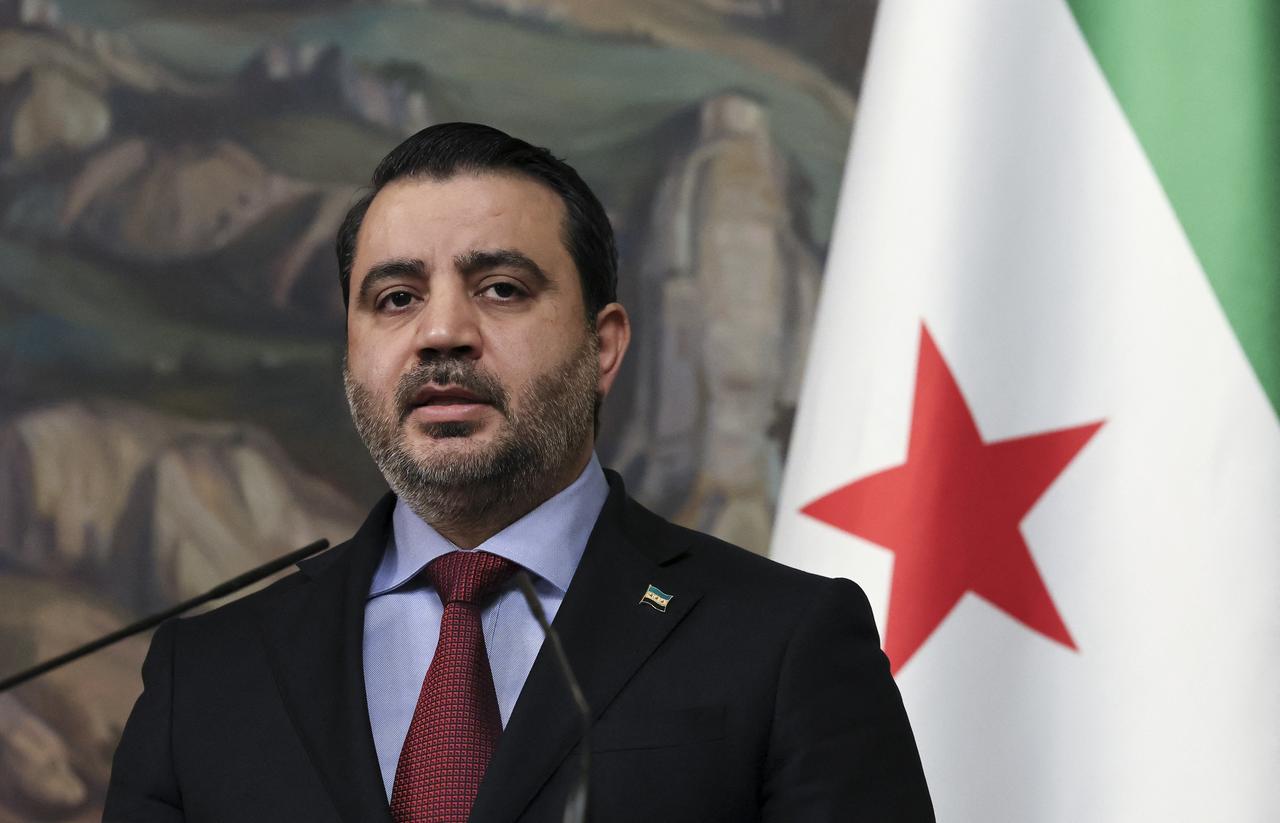
Lavrov stated that Syria remains a "friendly" country to Russia in the Arab world and international arena, emphasizing that "our position is not dependent on the political situation and change of government."
"We are ready to provide support to the Syrian people in rebuilding the country after the conflicts," Lavrov said. "We are in favor of strengthening ties between our peoples within the framework of mutual interests."
The Russian minister expressed gratitude to Syrian colleagues for the steps taken to ensure the security of Russian citizens and Russian facilities in the country under current conditions.
Lavrov emphasized that agreements between Russia and Syria would be reviewed, and said the Syrian government would expedite the process of appointing a co-chair of the Russia-Syria Intergovernmental Trade and Economic Commission.
Drawing attention to Western sanctions against Syria, Lavrov stressed that these harm the Syrian people and should be lifted.
Regarding September parliamentary elections in Syria, Lavrov said: "We are in favor of these elections being comprehensive, with all religious and ethnic groups taking part in the process of establishing new legislative bodies."
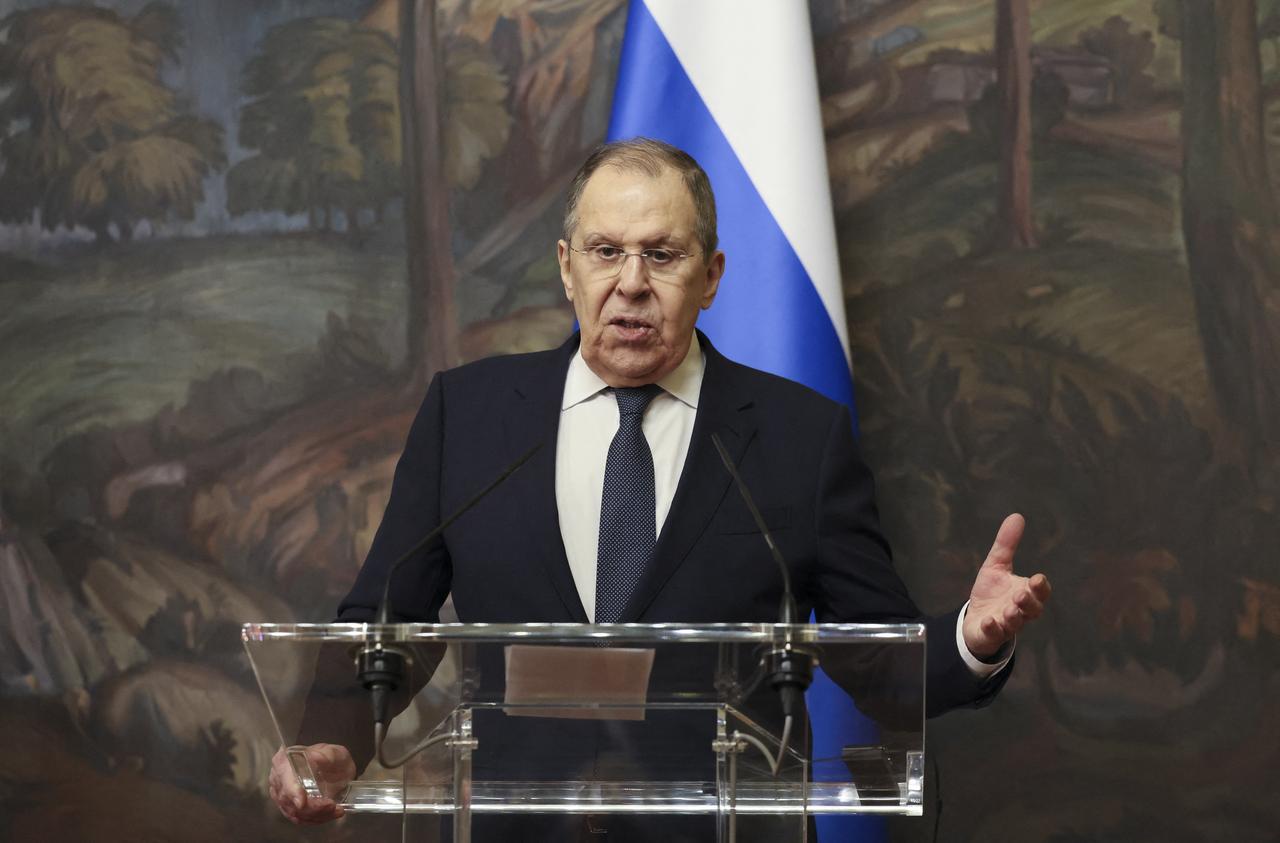
Shaibani addressed tensions in Sweida province, accusing Israel of exploiting the "minority card" to justify interference in Syria's internal affairs and manipulating the Druze community to fragment the Syrian people.
"Israel is systematically targeting settlements to fuel internal strife that could potentially reignite even civil war in Sweida," Shaibani said. "It is important that no party, especially Israel, exploit the 'minorities card' to justify interference in Syria's internal affairs."
"No country, including Israel, should use minorities to interfere in Syria's internal affairs," he continued. "The Syrian administration is responsible not only for minorities but for all the Syrian people."
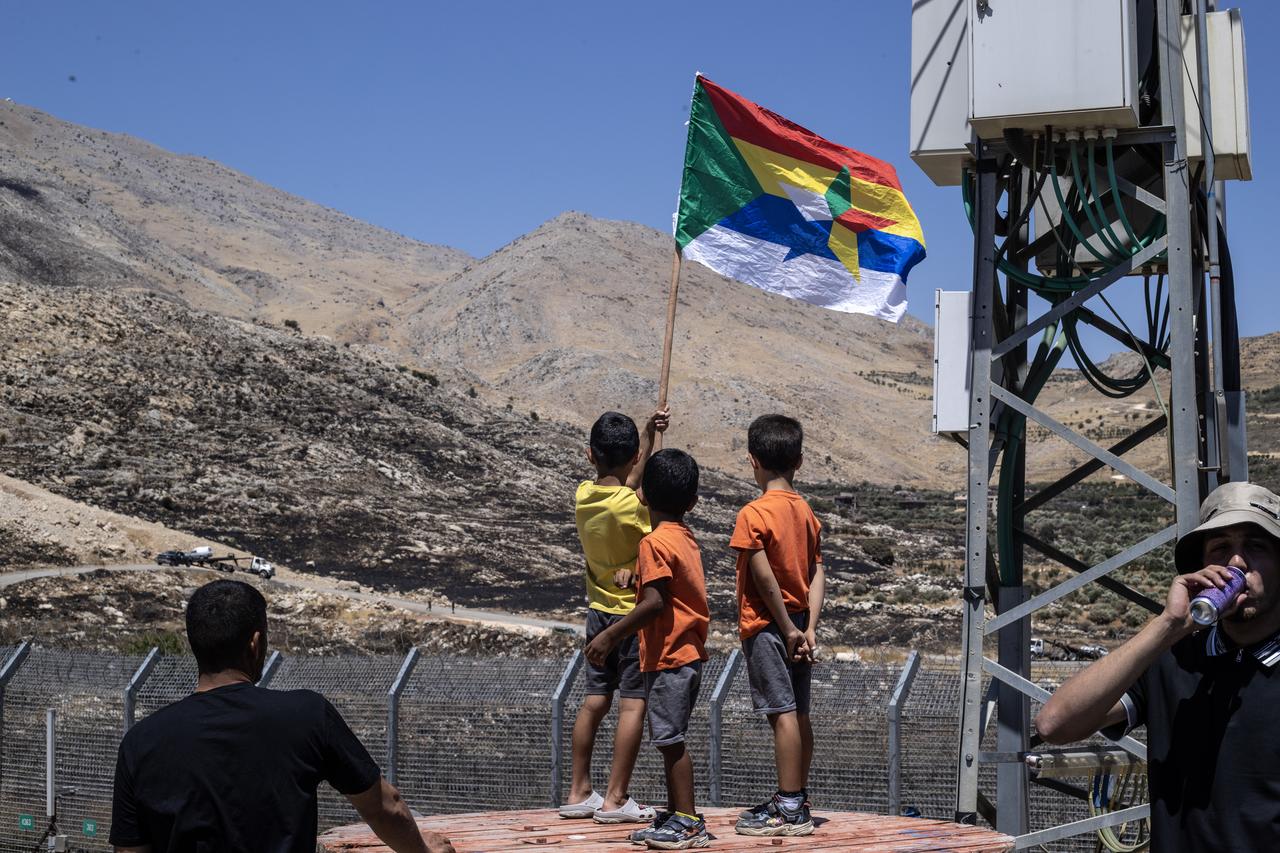
The Syrian minister criticized Israeli attacks on Syria, stating: "Israel is conducting planned attacks on settlements in Sweida province with the aim of inciting tension and civil war among civilians. The improvement of the situation in Syria is not possible without stopping Israel's attacks."
"These attacks violate international law and prevent the reconstruction process and stabilization of the situation in Syria," Shaibani said, adding that "Russia is definitely against these attacks."
Shaibani emphasized that Damascus had committed to holding accountable those who committed violations in Sweida and protecting all minorities, stating: "Any armament outside state control leads to destabilizing events as recently experienced in Sweida; the solution lies in the state resuming its role. The state is the only guarantor of civilian protection."
Shaibani noted that discussions in Moscow also addressed Russia's role in Syria's economic development, stating: "Our partnership will not be stuck in the past but will progress with shared responsibility and mutual respect."
Lavrov emphasized Russia's opposition to using Syrian territory as an arena for geopolitical competition, calling on the international community to strengthen initiatives aimed at improving the situation in Syria.
"It is important for the international community to avoid steps that could lead to escalation of tensions," Lavrov said.
The Russian minister expressed hope that measures announced by the Syrian government would resolve current challenges, particularly regarding tensions in Sweida province.
Both ministers emphasized the importance of comprehensive dialogue, strengthening national reconciliation, and protecting the rights of all religious representatives for long-term improvement of Syria's situation.